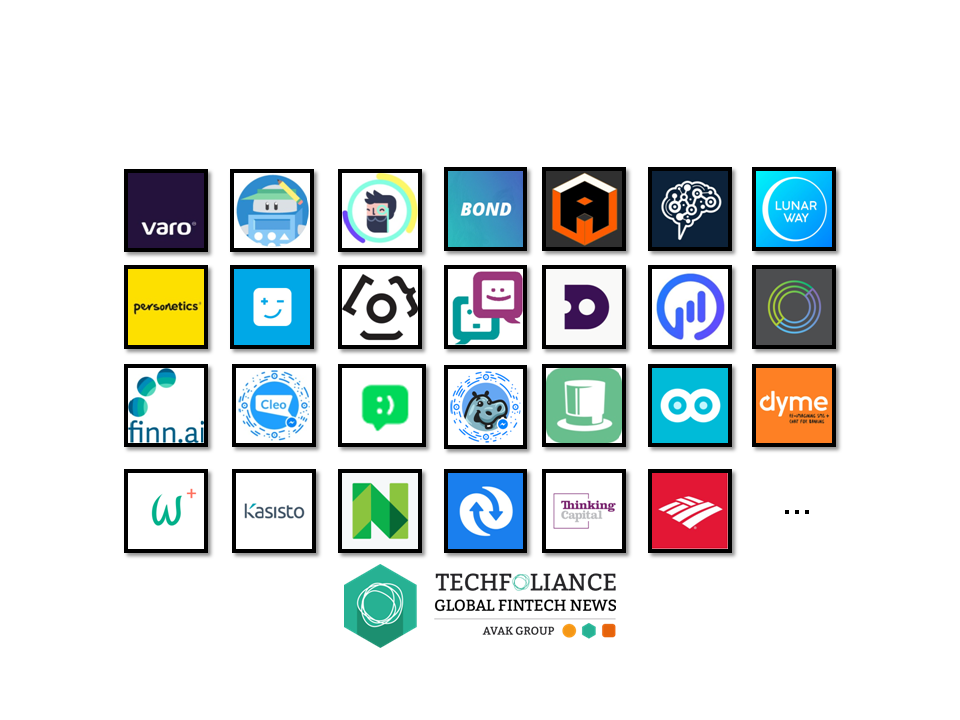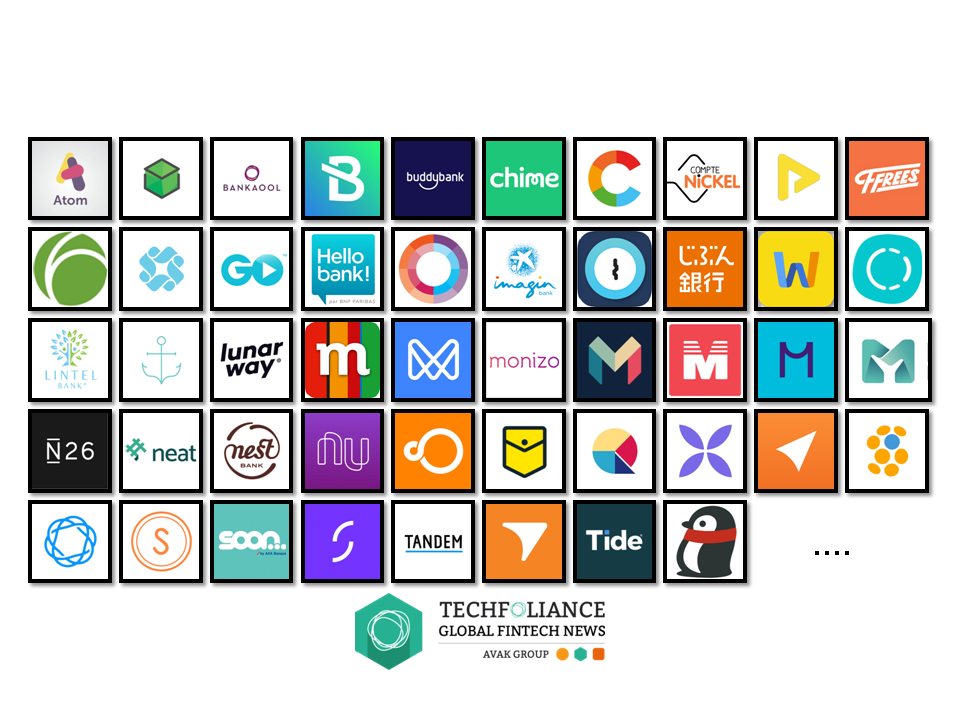
SMEs and larger companies have one thing in common: cash is their oxygen. Without it, they cannot survive for long. The recent tightening banking regulations has made bank credit scarcer and more difficult to obtain. Fortunately, a recent wave of Fintech startups have stepped in to fill the void.
Recent studies in Europe all point in the same direction: a major concern for companies, regardless of their size, is treasury management.
Payment, where art thou?
A first problem is that most companies are faced with very long payment terms on the client size. In a recent survey of more than 27.000 companies worldwide, credit insurer Euler Hermes, measured the average “Days Sales Outstanding” (DSO) ratio in B2B sales. The DSO is a measure of the number of days a company has to wait before an invoice is actually paid. According to the study, the average DSO in Europe is estimated to 59 days in 2016, one day less than in 2015, and 3 days less than in 2014. This is less than the worldwide average of 64 days, but it is hardly comforting. Southern Europe countries (including Belgium and France) do especially bad, with an average higher than 60 days and more than 30% of suppliers having to wait more than 90 days. In Belgium and France, the average DSO is respectively 65 and 70 days. In neighbouring Germany, it is only 53 days.
Bank credit, the fallen queen
At the same time, companies, especially SMEs, find it harder and harder to secure financing from their bank. This is a direct consequence of the tightening of banking regulations. In July 2016, Look&Fin, a Belgian Fintech company active in crowdlending published figures from a study carried out in partnership with BECI, the Brussels Chamber of Commerce. According to this study, 59% of SMEs find it harder than before 2008 to secure bank credit, and 25% reckon this is hindering their growth prospects. Moreover, 91% of the founders of young companies have had to provide personal guarantees to secure the loan. Larger companies can turn to asset-based finance such as leasing, sale-and-lease-back or factoring, but SMEs are indeed squeezed between long DSOs and a shortage of financing.
Long live the (new) queen!
Fortunately, nature abhors void, and this is also true in the arid world of company finance. The recent Fintech boom has delivered interesting solutions for companies looking for financing outside the traditional banking sector. While crowdfunding is already an established solution thanks to the likes of kickstarter.com, crowdlending has recently proven even more attractive, as the numerous successes of LookandFin can attest. Leveraging technology enables SMEs looking for a loan going from 1 to 5 years to secure the funds on the Lookandfin online platform in less than 1 hour once their file is online. Other Fintech companies in Europe are providing alternatives to factoring that allow SMEs to sell their outstanding invoices on a “need-to” basis instead of forfeiting a sizeable chunk of their receivables portfolio to factors – provided these are even interested. Among these new rising stars, Belgian startup Edebex has been one of the most innovative. Rather than financing the invoices itself, Edebex acts as a platform where cash-rich companies can invest their treasury by buying invoices from cash-strapped companies. Edebex acts as an intermediary, but also secures the transaction by making sure the invoice is real, by checking the solvability of the debtor and by insuring the buyer against default in partnership with Euler Hermes.
What next?
As competition intensifies, Fintech will doubtless provide new interesting solutions to SMEs looking for better ways to secure treasury. While services such as crowd lending and peer-to-peer factoring will doubtlessly grow, other services might add to the mix, for example by providing SMEs with automated solvability checks on new clients, or by allowing them to outsource their receivables management at a fraction of the cost of traditional providers. Indeed, even the EU now favours this approach: a recent report by the European Systemic Risk Board clearly stated that market-based finance solutions are now part of the equation.














Mr Corman, you should also mention in your article that you are managing “the rising star Edebex”…
Dear Jeramy, thank you for your comment. If you click on my name above the article, the first sentence in my bio states my position at Edebex 😉
Yes, I totally agree with what you said. Cash is very important for a business. When there is no enough cash the business will stop processing.Fortunitely, there are now a lot of funding solutions that can help small business.
I strongly agree with what you said. I think that it is really hard to get an approval for a bank loan. I think that alternative financing are really helpful nowadays for small and medium businesses right now. Thanks for sharing this article.
Yes, I totally agree with what you said. I also believe that cash is the king for the business. I think that if you don’t have enough cash, your business will fail. Thanks for sharing this article.